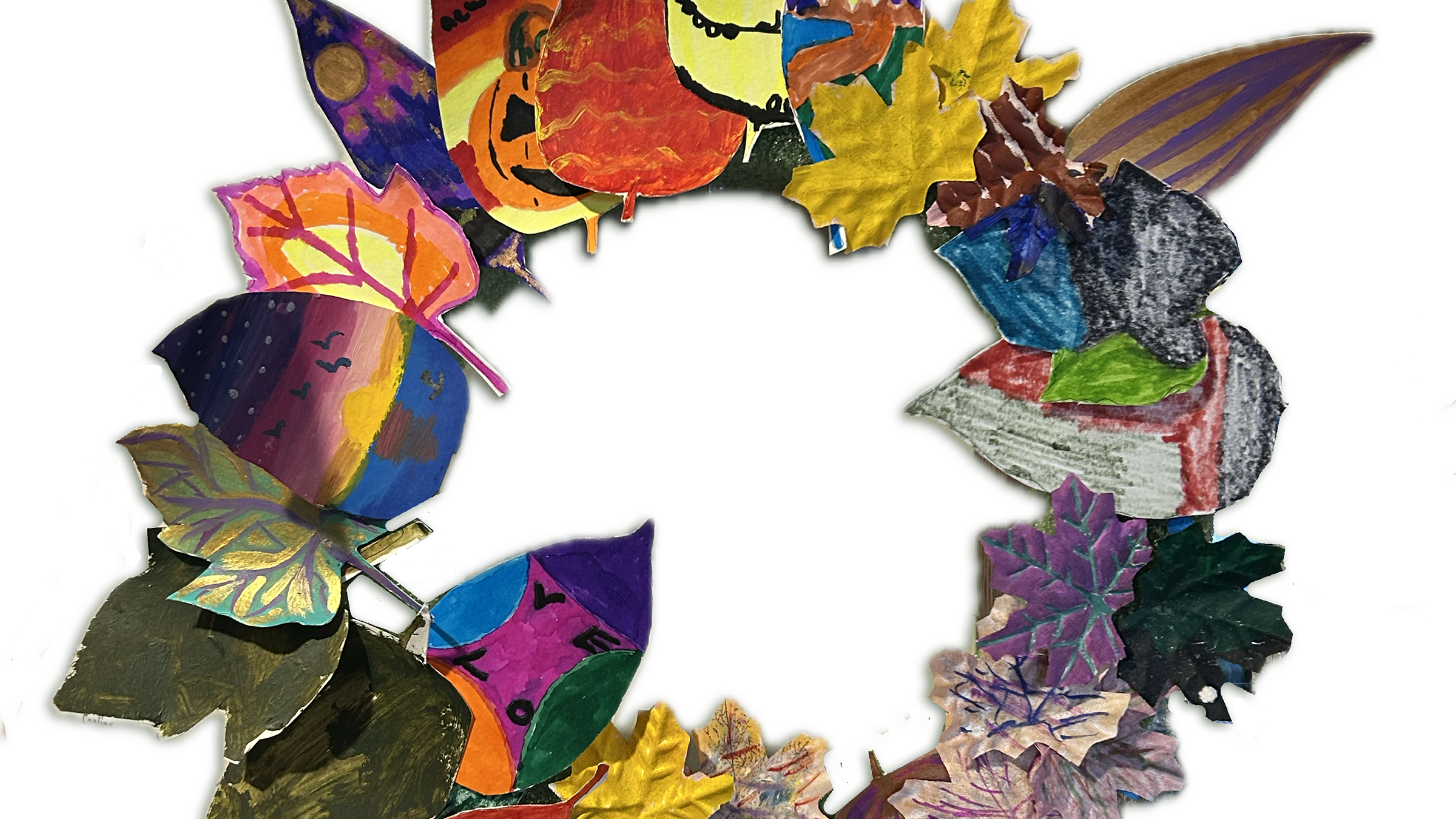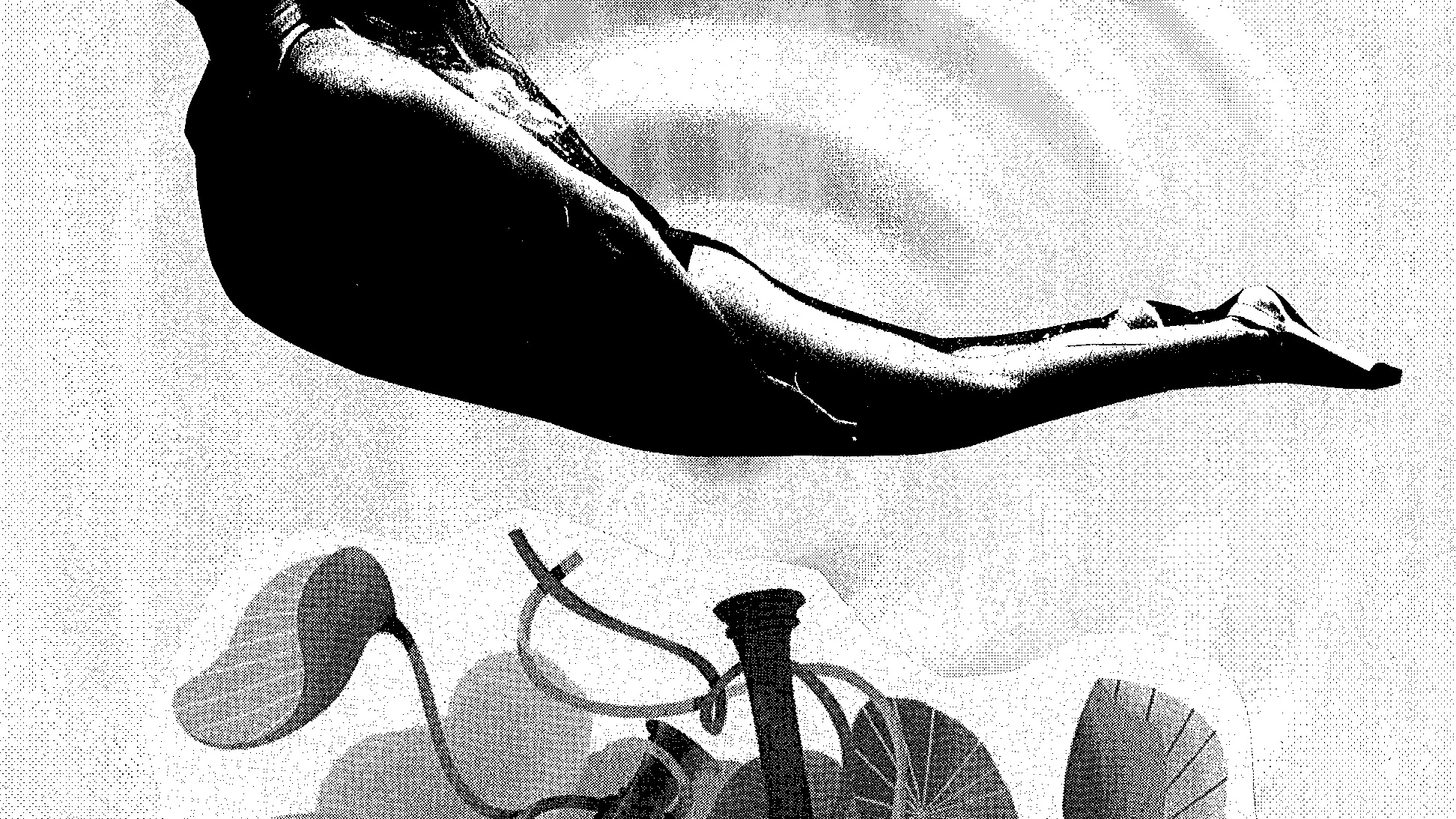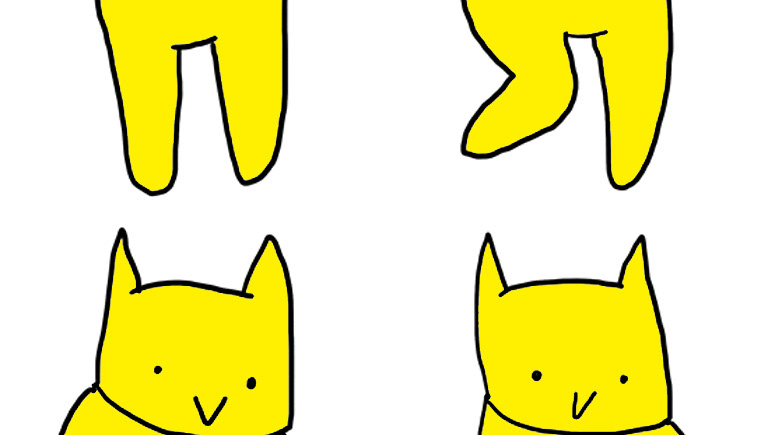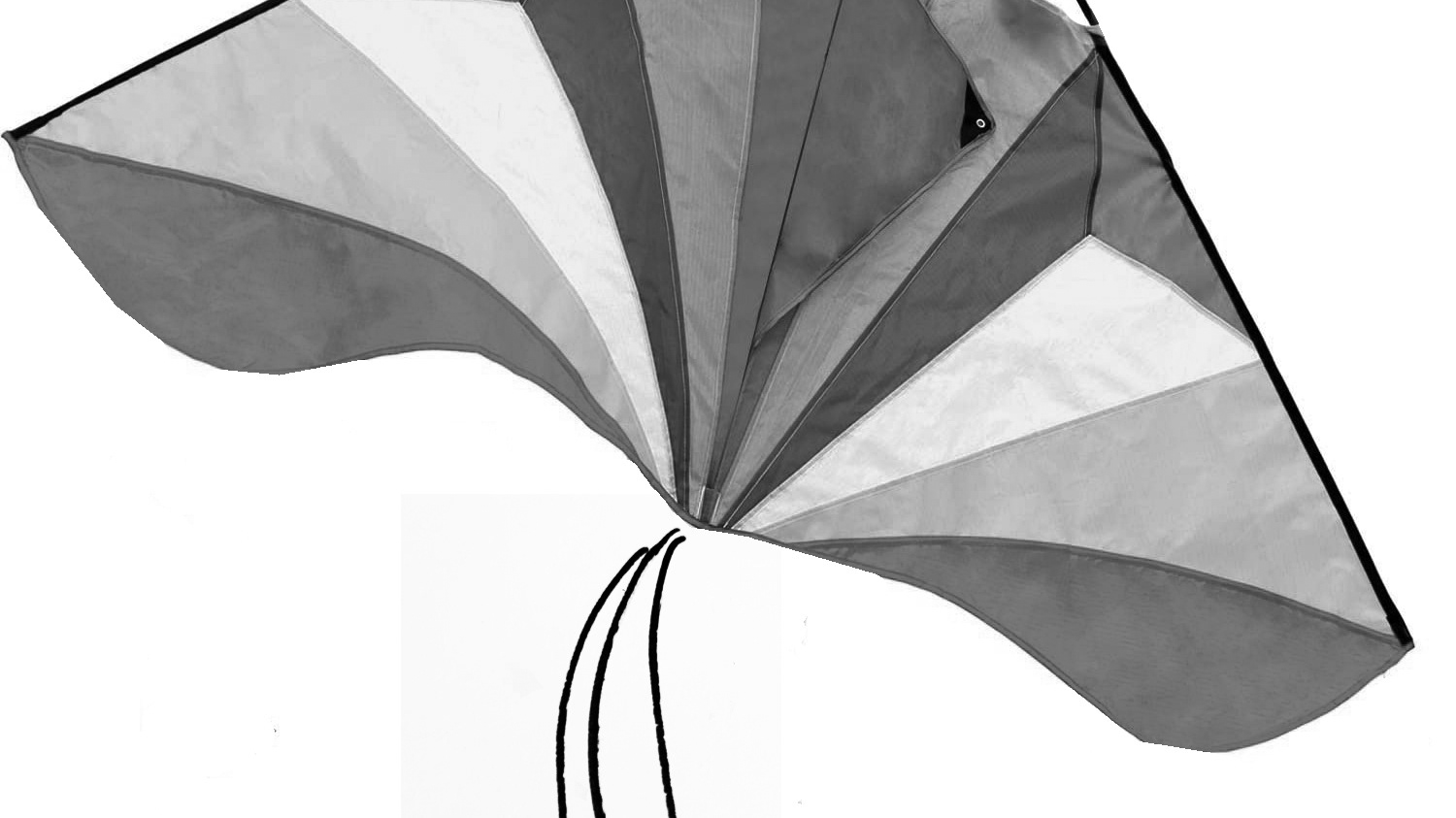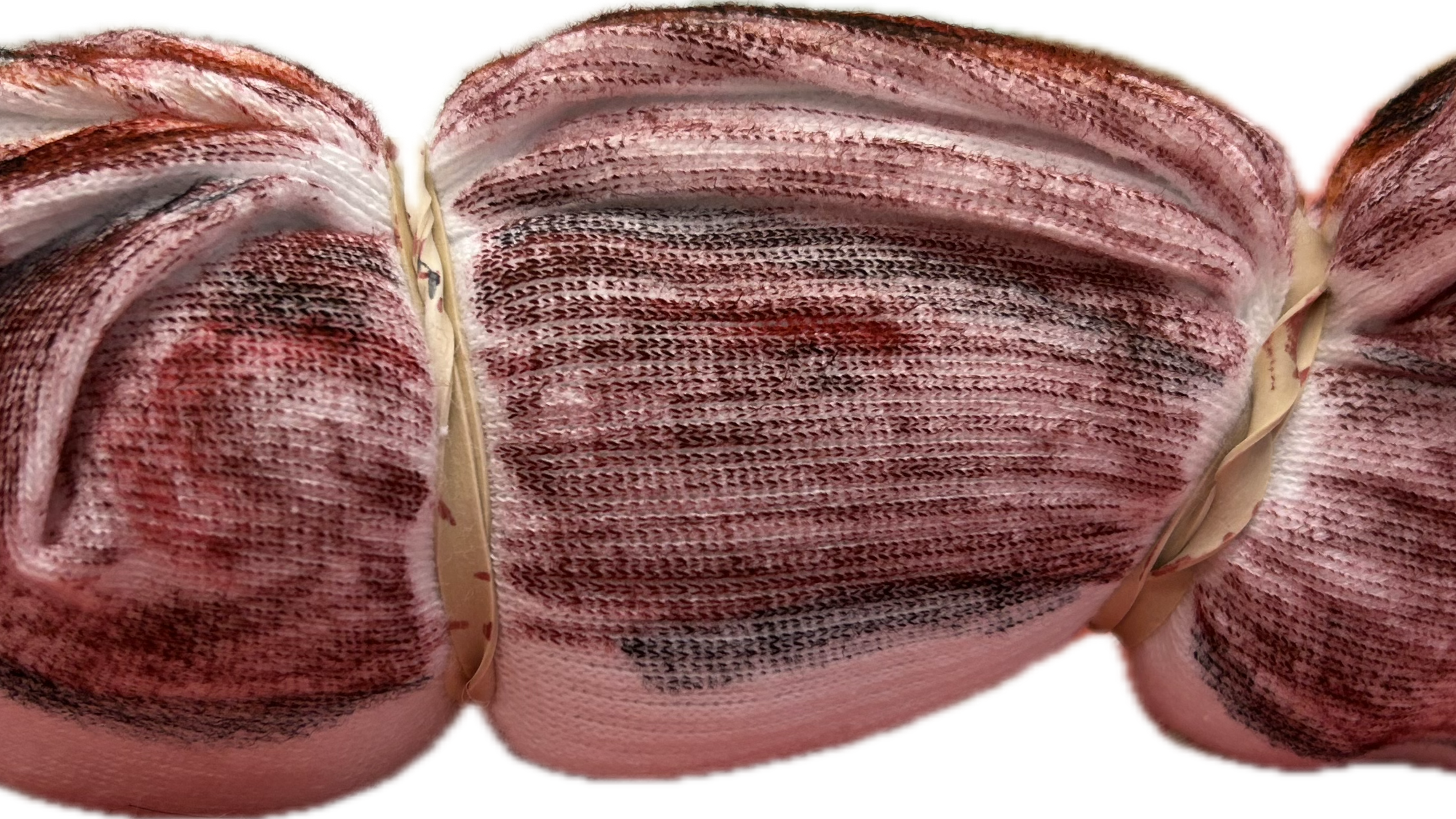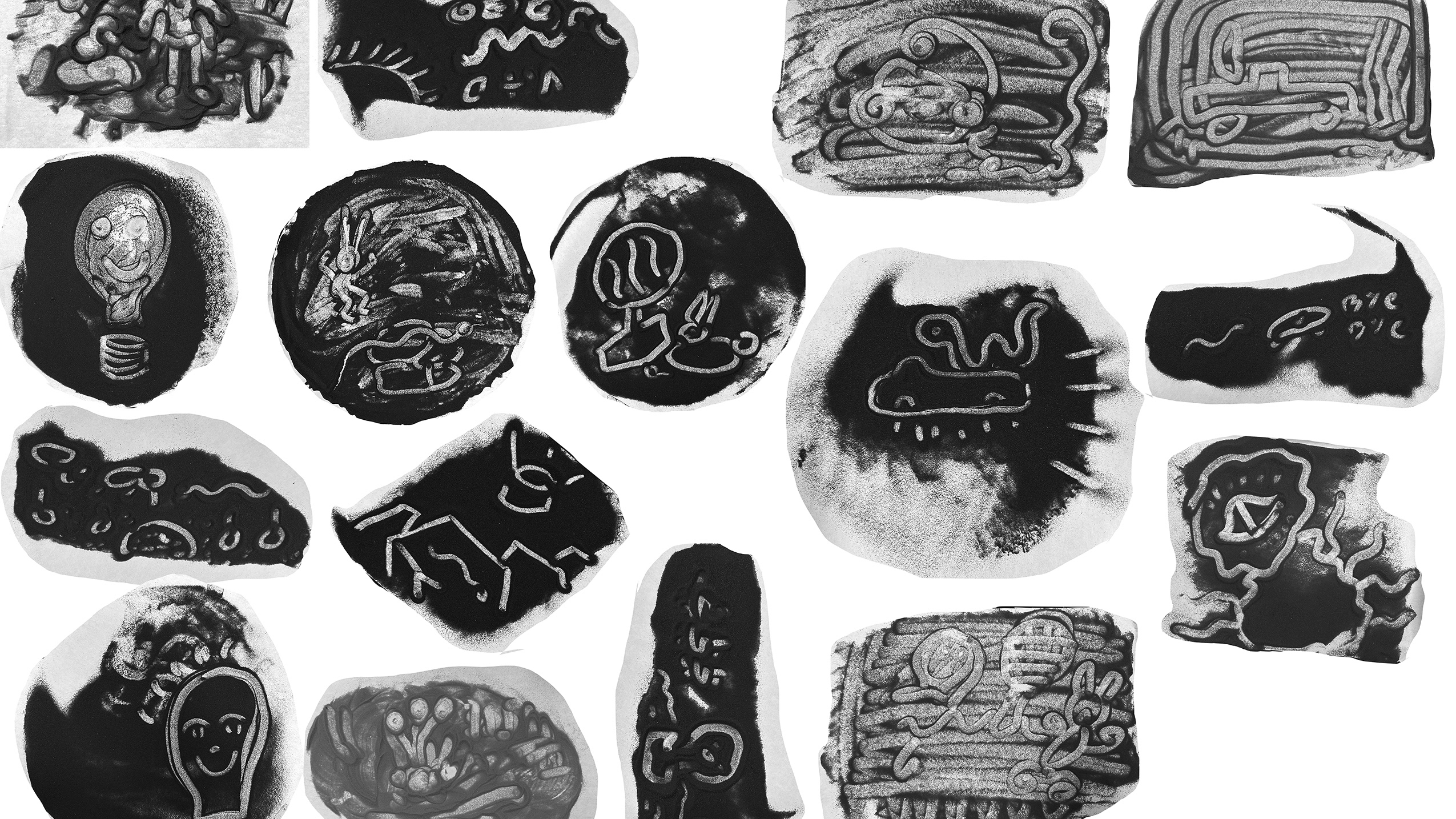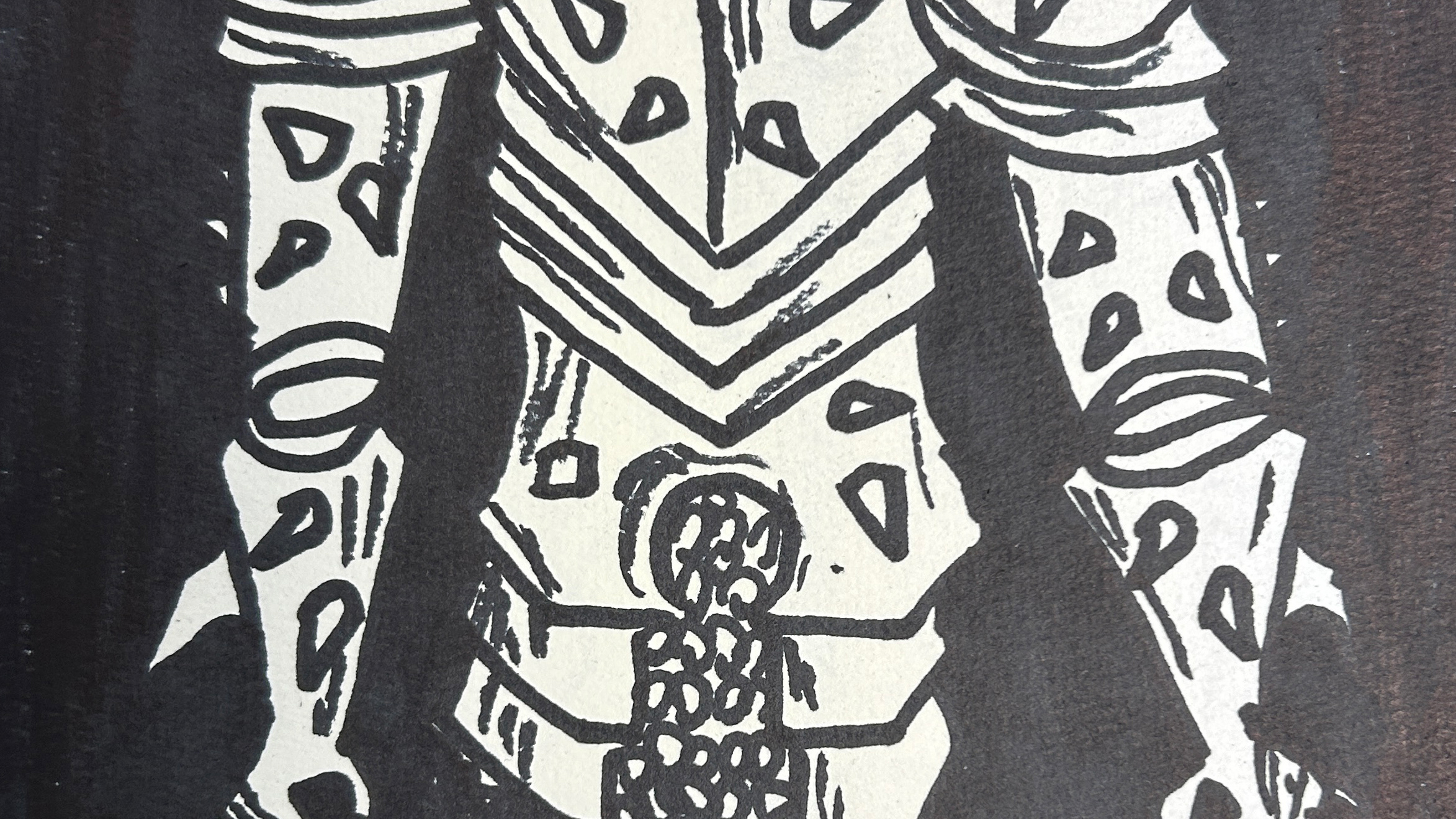“Expressive writing can combine words, drawings, sketches, collages, or photos to represent emotions,
thoughts, events, memories, aspirations, strengths, and other inner experiences.
thoughts, events, memories, aspirations, strengths, and other inner experiences.
Writing is a safe place for a person to express their authentic voice and practice honest self-expression.
Expressive writing can help individuals clarify thoughts and feelings and forge a deeper connection
to their needs, aspirations, and goals.” – Adapted from Expressive Arts Therapy by Jo Nash, Ph.D.
Expressive writing can help individuals clarify thoughts and feelings and forge a deeper connection
to their needs, aspirations, and goals.” – Adapted from Expressive Arts Therapy by Jo Nash, Ph.D.
Activities:
Did one of the writers in the video series move you to write about your own personal story of recovery? In your own words respond to any of the following prompts or write something of your own. Consider making oral recordings of your writing.
1. Where do you find yourself today – in a valley or on top of a mountain?
2. What could you rediscover in your life that would bring back joy?
3. Describe a place you love.
4. "When I stepped outside, the whole world smelled like…"
5. I have the strangest conversations with my pet at midnight.
Did one of the writers in the video series move you to write about your own personal story of recovery? In your own words respond to any of the following prompts or write something of your own. Consider making oral recordings of your writing.
1. Where do you find yourself today – in a valley or on top of a mountain?
2. What could you rediscover in your life that would bring back joy?
3. Describe a place you love.
4. "When I stepped outside, the whole world smelled like…"
5. I have the strangest conversations with my pet at midnight.
